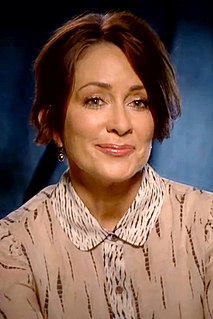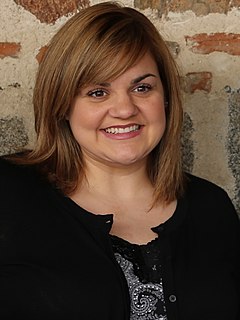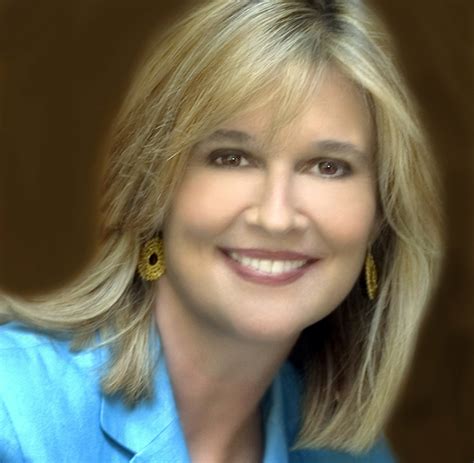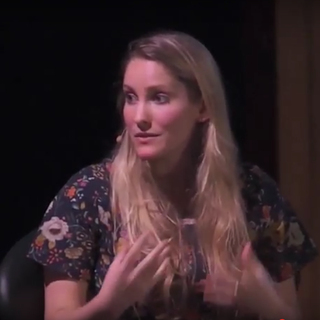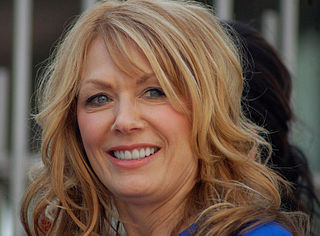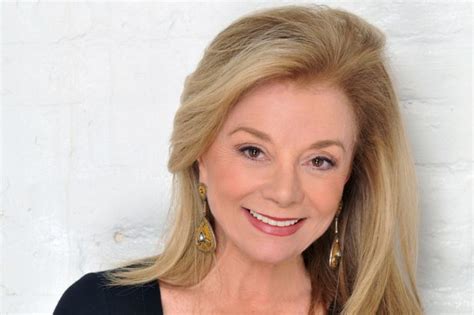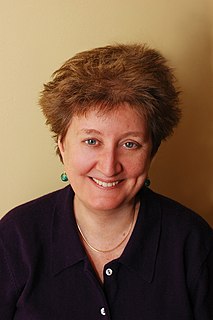A Quote by Patricia Heaton
The early feminists were pro-life. And really, abortion is a huge disservice to women, and it hasn't been presented that way. As Feminists for Life-what we're trying to do is support women, and so what we want to do is-reach women on campus-college campuses so that, when they get pregnant, they can find housing. They can find money they need to stay in school.
Related Quotes
I get very frustrated when I hear women saying, "Oh, feminism is passé," because I think feminism means empowerment. Men can be feminists, too! Many men are feminists. We need feminism. It's not against men; it's about the empowerment of women. It's the respect of women - giving women equal rights, the same opportunities.
The feminists are trying to tell women that there is really no difference between them and men. Just as men can be promiscuous, women can, too, and go for one night stands without consequences. But there are consequences. The women have the suffering of the abortion. They suffer more with the social diseases.
The stereotypes of feminists as ugly, or man-haters, or hairy, or whatever it is - that's really strategic. That's a really smart way to keep young women away from feminism, is to kind of put out this idea that all feminists hate men, or all feminists are ugly; and that they really come from a place of fear.
A huge amount of what feminists are fighting for would have major positive impact for men as well as women. Take the male suicide rate, for example. In part, the problem arises from the idea that men are tough and manly, that 'boys don't cry' and it's embarrassing for them to talk about their feelings. So men are less likely to reach out for help and support with mental health issues. But that gender stereotype, which exists alongside the converse notion that women are over-emotional, 'hysterical', or 'hormonal', is one feminists are fighting hard to debunk.
American feminists have generally stressed the ways in which men and women should be equal and have therefore tried to put aside differences.... Social feminists [in Europe]believe that men and society at large should provide systematic support to women in recognition of their dual role as mothers and workers.
It just struck me as really odd that there were all of these conversations going on about what young women were up to. Were young women having too much sex? Were young women politically apathetic? Are young women socially engaged or not? And whenever these conversations were happening, they were mostly happening by older women and by older feminists. And maybe there would be a younger woman quoted every once in a while, but we weren't really a central part of that conversation. We weren't really being allowed to speak on our own behalf.
I think women have always been funny. But when Tina Fey became head writer at 'Saturday Night Live,' the culture shifted, and women gained a bigger voice in comedy. It's not as if Hollywood producers are feminists. It's more that Hollywood said, ''Bridesmaids' made us so much money, all we want now is funny women.'
... not all black women have silently acquiesced in sexism and misogyny within the African-American community. Indeed, many writers, activists, and other women have voiced their opposition and paid the price: they have been ostracized and branded as either man- haters or pawns of white feminists, two of the more predictable modes of disciplining and discrediting black feminists.
Something I say a lot when it comes to anti-feminist stereotypes is that they exist for a reason. The stereotypes of feminists as ugly, or man-haters, or hairy, or whatever it is - that's really strategic. That's a really smart way to keep young women away from feminism, is to kind of put out this idea that all feminists hate men, or all feminists are ugly; and that they really come from a place of fear. If feminism wasn't powerful, if feminism wasn't influential, people wouldn't spend so much time putting it down.
Sex workers are the last women police stand in to protect. Sex workers are the last people that room is made for in many ways. You get a different kind of feminism if you put people at the margins at the center. It's a recently resonant lesson, but black feminists have been saying this for decades. Now when I talk to people engaged in sex workers' rights advocacy and people who identify as intersectional feminists, this is the air they breathe. We can't just make feminism about improving the lives of all women. Because there is no such thing as all women and universal female experience.
